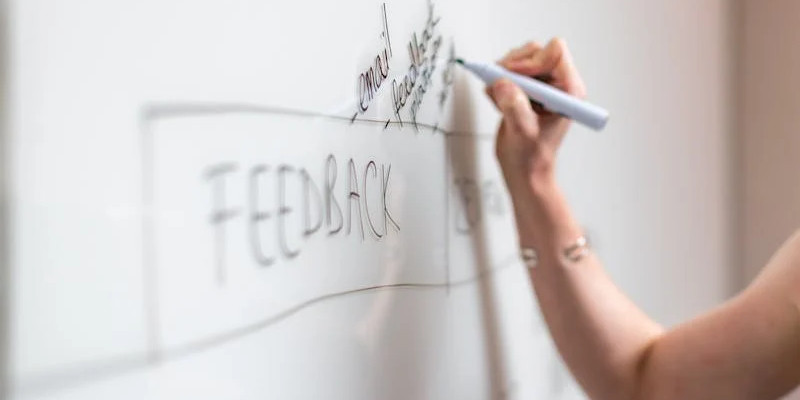 Saying and accepting thanks
Saying and accepting thanks
A simple “Thank you” can be a powerful way to show your appreciation.
There’s an old saying in management circles that “the best reward for a job well done is more work.” I understand the sentiment this is meant to evoke; our team members rarely want to sit idle. Especially in technical teams, having nothing to do can be just as detrimental as overwork.
But I’m not fond of adding more work as a “reward.” Our hard-working teams need more than that. They need appreciation.
“Thank you”
A simple “Thank you” can be a powerful way to show your appreciation. At the end of a project, or even at the end of a hard day, go to your staff and say “Thank you.”
This doesn’t need to be an in-person visit. Many organizations work remotely, or at least hybrid - so an in-person visit may be impossible anyway. But it’s important to make time to say “Thank you,” and to do so while it is relevant. Waiting until the next day is usually fine, but don’t put off showing your appreciation for several weeks, such as “saving” it for an end-of-project recognition.
To make it meaningful, you need two parts:
- Say the words: “Thank you.”
- Be specific about what you are thanking them for.
For example, if one of your team put in extra time this week to respond to an emergency situation, such as a service outage, visit them and say “I saw you worked overtime this week to get the systems up and running again. I know it’s part of the job, but I wanted to say Thank you for the extra effort.” This is both explicit (“Thank you”) and specific (server outage) and a great example for how to recognize someone’s hard work.
“You’re welcome”
If someone offers their thanks to you, don’t downplay the recognition. That person has recognized you for what you’ve done; pretending that “it was nothing” minimizes the appreciation they showed.
When someone recognizes you and specifically says “Thank you,” accept this gift by replying, “You’re welcome.” You don’t have to make a big deal out of it, you don’t have to make a speech or provide any other details. A simple “You’re welcome” shows gratitude for what they’ve said, and completes the exchange.
